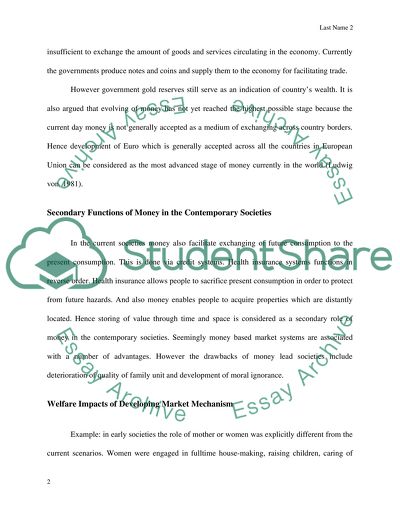Cite this document
(“What is money and why do we need it Historic evolvement of money: Essay”, n.d.)
What is money and why do we need it Historic evolvement of money: Essay. Retrieved from https://studentshare.org/history/1464302-what-is-money-and-why-do-we-need-it-historic-evolvement-of-money-economic-perspective
What is money and why do we need it Historic evolvement of money: Essay. Retrieved from https://studentshare.org/history/1464302-what-is-money-and-why-do-we-need-it-historic-evolvement-of-money-economic-perspective
(What Is Money and Why Do We Need It Historic Evolvement of Money: Essay)
What Is Money and Why Do We Need It Historic Evolvement of Money: Essay. https://studentshare.org/history/1464302-what-is-money-and-why-do-we-need-it-historic-evolvement-of-money-economic-perspective.
What Is Money and Why Do We Need It Historic Evolvement of Money: Essay. https://studentshare.org/history/1464302-what-is-money-and-why-do-we-need-it-historic-evolvement-of-money-economic-perspective.
“What Is Money and Why Do We Need It Historic Evolvement of Money: Essay”, n.d. https://studentshare.org/history/1464302-what-is-money-and-why-do-we-need-it-historic-evolvement-of-money-economic-perspective.


